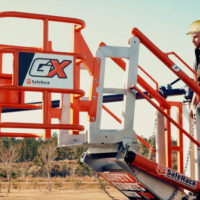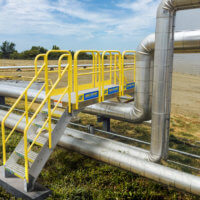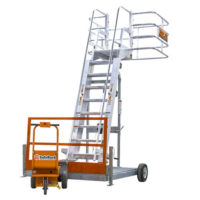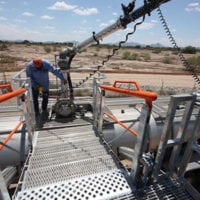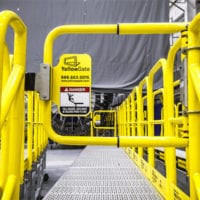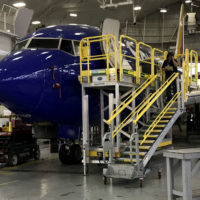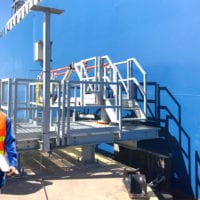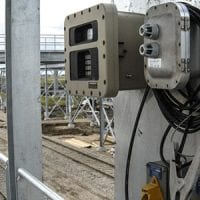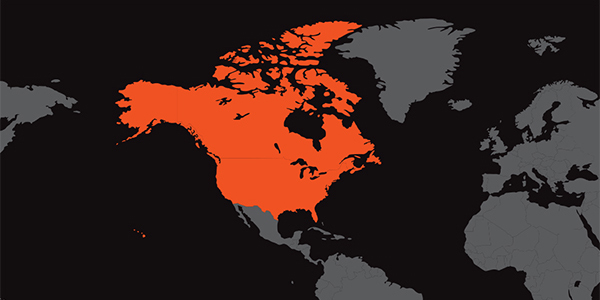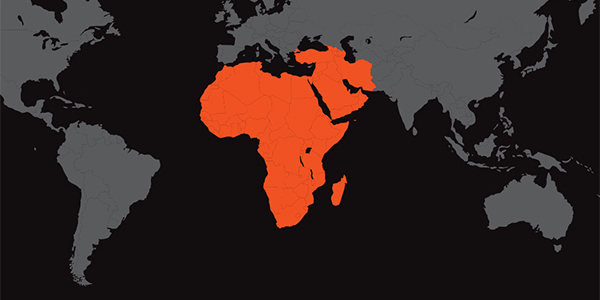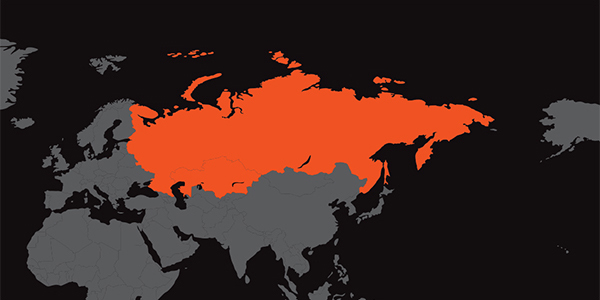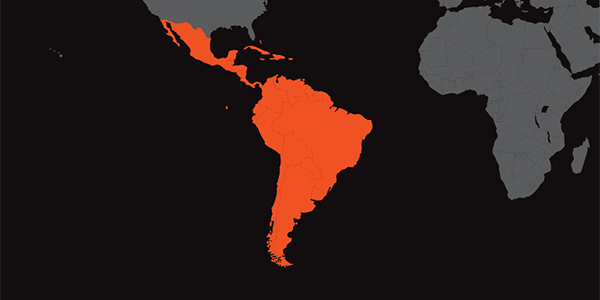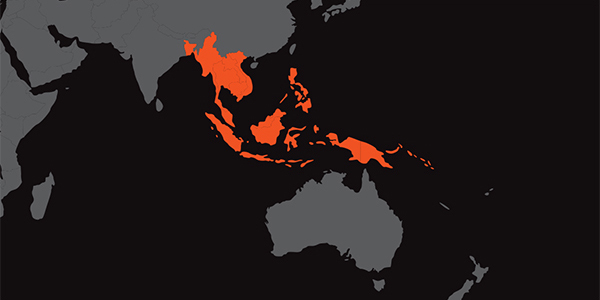A rotary union is sometimes referred to as a rotating union, rotary valve, swivel union, rotor seal, rotary couplings, rotary joint, rotating joints, hydraulic coupling, pneumatic rotary union, air rotary union, electrical rotary union, or vacuum rotary union.
Types of rotary unions
Many rotary unions incorporate multiple ports, some of which are designed to handle different types of material simultaneously. A rotary union with a straight port transfers the substance directly through the rotary union. Other designs include an elbow port, which causes the material to flow out at an angle, and multiple ports. A multiple port rotary union looks like a perforated cylinder. At the end of the cylinder is a threaded screw with a seal or seals that lock on to it. The material being transferred flows into the cylinder and out of the input holes. In the case of a rotary union with multiple inputs, chambers separated by seals keep the materials from inadvertently mixing. This type of rotary union is often used in the manufacture of plastics and other petroleum products, for which multiple inputs may need to be streamlined, but kept separate.
Rotary union uses
Many assembly lines incorporate multiple rotary unions because they are highly versatile and take up less space than other devices designed for a similar purpose. Rotary unions also appear in automobiles and other machines that require constant supplies of lubrication, air, or other liquids in order for moving parts to run smoothly. Brakes, for example, use rotary unions to maintain a constant supply of pressurized brake fluid. Rotary unions are also heavily used in crude oil processing, the chemical industry, commercial food production, and pharmaceutical applications.
Agriculture
Equipment used in grain harvesting including combines, tractors, grain carts and threshers employ rotary unions. Once harvested, many crops will be processed with equipment that uses rotary unions. Food processing equipment that use rotary unions include cooling conveyors, flaking mills, shredders, steam cookers, starch dryers, rotary cutters and roll-forming.
Automotive
Auto manufacturing is a diverse user of rotary unions for a broad range of parts or components and materials, whether machined steel, iron or aluminum, stampings, plastics, glass, or paperboard. Rotary unions are used for operations that require coolant, lubricant, or hydraulics.
Car washes
There are two kinds of car wash facilities that use unions: the automatic and the hand-operated. Most manufacturers of automatic systems have several revolving brushes that use 55 series to introduce low-pressure detergent water through the supporting shaft to the brushes. In addition, automatic car washes have spinners that require rotary unions to transmit high-pressure water into the spinning mechanisms.
Converting
Downstream processing of paper, plastic film, foil, and related substrate materials into finished, printed packaging such as bags, pouches, labels, tags, folding cartons, and corrugated shipping cases is called converting. Rotary unions are used in all types of converting for water, steam, thermal oil, air, or hydraulics.
Machine tools
Rotary unions may be used to transmit coolant, cutting oil, MQL, pressurized air in a bearingless or bearing supported configuration. Besides coolant delivery, rotary unions are used for chucking, tool sensing, rotary index table, and other machine tool applications.
Mining
Electro-hydraulic equipment used in mining operations employs rotary unions including shuttle cars and coal cars, drill heads, backhoes, clamshell cranes, and draglines. In addition, boom hoists, retrieving drums and bucket drum clutches each requires rotary unions.
Oil and gas
Drilling rigs (oil or gas) use air clutches and brakes that require rotary unions. Water unions are used to flush mud from the drill tip, and must withstand shock and vibration in this severe application. Oil and petrochemical refineries use batch mixers, flaking mills, blenders and drying rolls that each require rotary unions.
Paper
Paper applications span the supply chain from the raw pulp and paper mills, to the downstream paper converters. Mills use steam joint and siphon systems and water unions for heating and cooling. Converters use rotary unions for heating and cooling rolls, as well as winders with air clutches and brakes.
Plastics
The manufacturing of plastic materials encompasses a wide variety of applications including cast film, blown film, foam, flexible and rigid sheet extrusion, single and multi-layer co-extrusion, blow molding, thermoforming, pelletizing, wire and cable, injection molding and winding. Rotary unions are used for heating or cooling the many processing rolls throughout the wide variety of applications. In addition, rotary unions for air and hydraulic service are used in winding and injection molding applications. Many of today’s modern winding applications will also utilize electrical slip rings.
Printing
Printing on flexible rolls of paper or plastic films requires rotary unions for air or hydraulics, as well as chill rolls for temperature control. Web offset and sheet printing equipment use many rotary unions on the ink vibrator and chill rolls.
Rubber
Rubber is compounded on big industrial mixers that use rotary unions for water-cooled rolls. Rubber extrusion is similar to plastic extrusion, with rotary unions used to cool the extruder screw.
Steel
The steel industry is one of the largest users of rotary unions primarily for continuous casting machines (CCM) which use rotary unions to cool the numerous rolls that support molten slabs as it moves by gravity through various segments onto a run-out table to downstream annealing and heat treating. The slab is formed into coil or sheet. Coil is further converted in processing centers that require hydraulic unions for the actuation of mandrels.
Textiles
The textile industry is a large user of water, steam, and hot oil unions. Weaving, dyeing, and finishing processes are the largest users of rotary unions.
Tires
Rubber tire plants use industrial mixers, extruders, calendar train cooling stacks and rayon slashers to make tire cord. Rotary unions are used in every process for temperature control.



